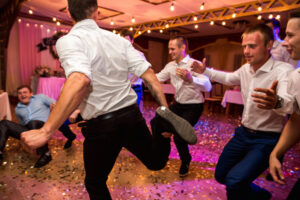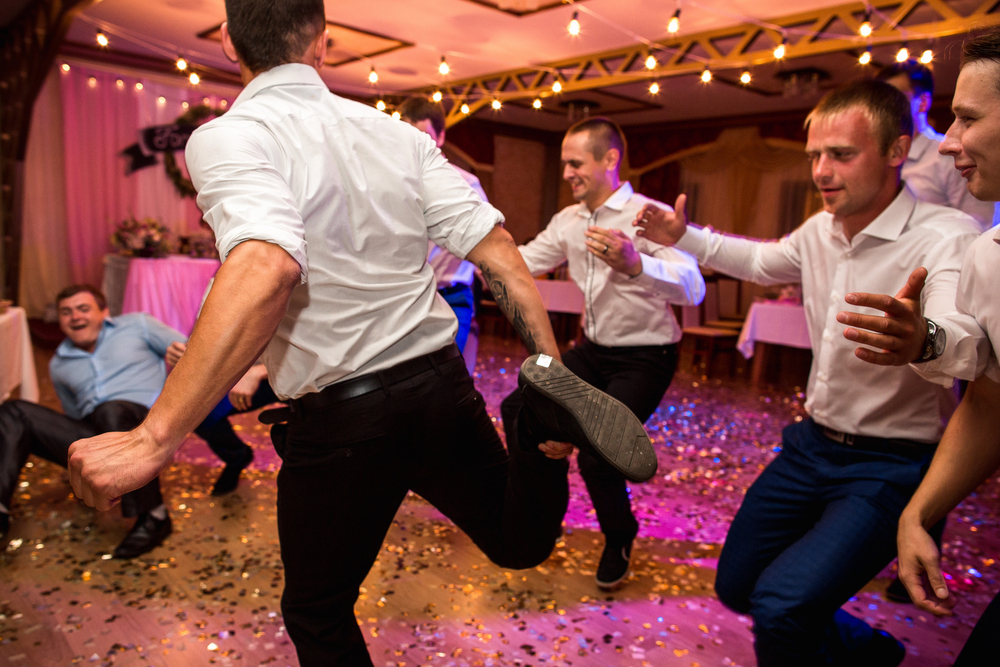Establishing Liability in a Massachusetts Slip-and-Fall Accident

Photo Credit: wedding and lifestyle / Shutterstock.com
Under Massachusetts law, landowners have a general duty to keep their property in a reasonably safe condition for invited guests. When a guest is injured due to some dangerous condition on another’s property, the injury victim can pursue a Massachusetts premises liability lawsuit against the landowner seeking compensation for their injuries.
To succeed in a premises liability case, a plaintiff must be able to establish that the landowner breached a duty of care that was owed to the plaintiff. Additionally, the plaintiff must show that the defendant’s breach of that duty resulted in their injuries. A recent federal appellate case from the First Circuit Court of Appeals illustrates the type of evidence necessary to prove a premises liability lawsuit.
According to the court’s opinion, the plaintiff slipped and fell while attending a wedding at the defendant hotel. Evidently, after the wedding ceremony, several of the party’s younger guests got a bit rowdy, jumping into the pool and then returning to the dance floor. Eventually, the groom procured soap from the hotel kitchen and turned the dance floor into a slip-and-slide. The plaintiff was walking along the dance floor to get changed into her swimming suit when she slipped, fracturing her wrist, and injuring her back.
The plaintiff initiated a personal injury case against the hotel, arguing that the hotel was legally negligent in maintaining the property. The hotel claimed that its most senior employee on staff the evening of the wedding approached the groom as guests were dancing on the wet floor in an attempt to calm things down. It was at this time the groom shrugged off the hotel employee and retrieved the soap to “add to the fun.” The case went to trial, and a jury found in the hotel’s favor. The plaintiff filed a motion after the jury returned its verdict, arguing that she was entitled to judgment notwithstanding the verdict, which was denied. The plaintiff appealed the jury’s denial of her post-trial motion.
The court affirmed the denial of the plaintiff’s motion, dismissing her case. The court held that while hotels have a heightened duty to their guests, the evidence supported the jury’s verdict. The court explained that, in a post-trial motion for judgment notwithstanding the verdict, the plaintiff must prove that the only reasonable conclusion was that the hotel was liable. Here, the court concluded that a jury could reasonably find that the hotel’s duty did not include anything more than warning the groom about the dangers of having guests dance on the wet floor. The court also held that any negligence on the hotel’s part could reasonably be found not to have been the proximate cause of the plaintiff’s fall.
Have You Been the Victim of a Massachusetts Slip-and-Fall?
If you or a loved one has recently been seriously injured in a Massachusetts slip-and-fall accident, you may be entitled to monetary compensation. At the Neumann Law Group, we represent injury victims in all types of slip-and-fall cases, as well as other personal injury claims, including car accidents, and wrongful death claims. We offer an unrivaled dedication to our clients, as well as their cases. To discuss your case with a dedicated Massachusetts personal injury advocate, call 800-525-6386 to schedule a free consultation today.



